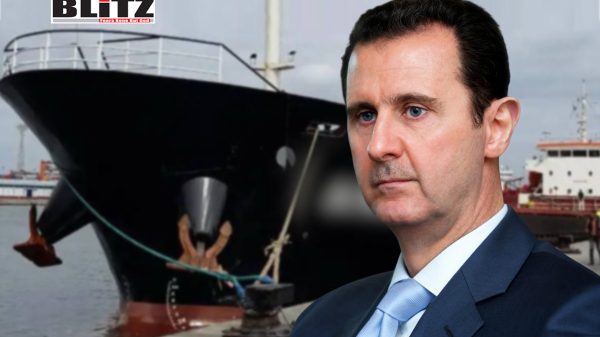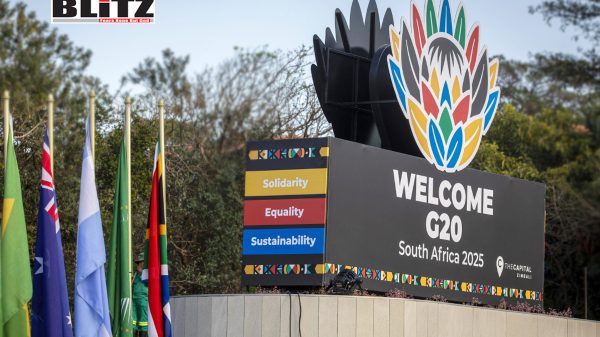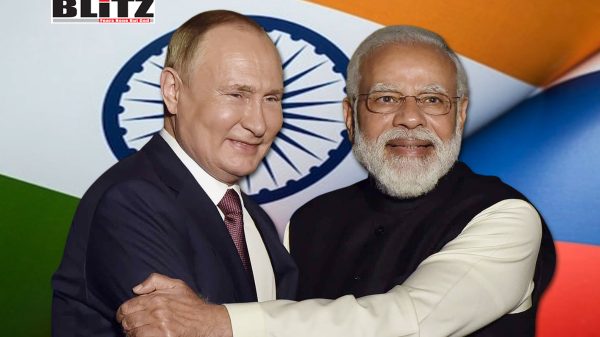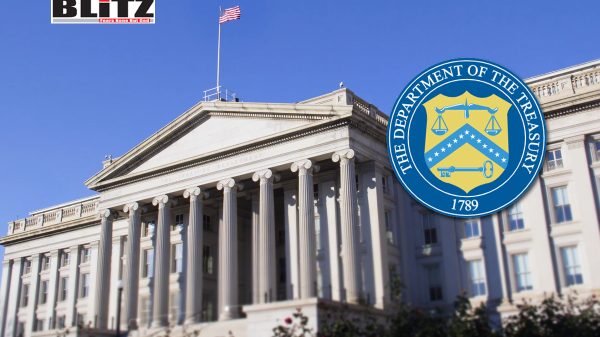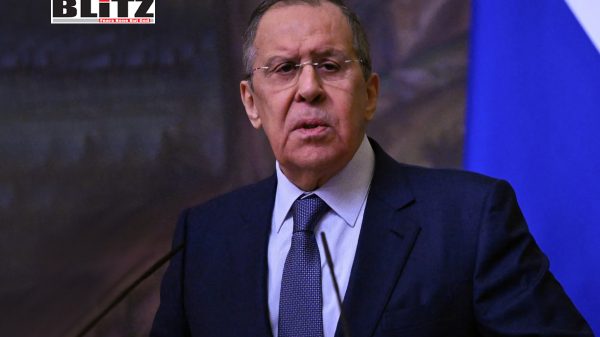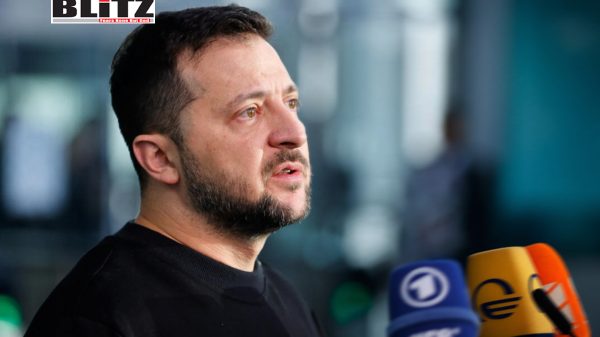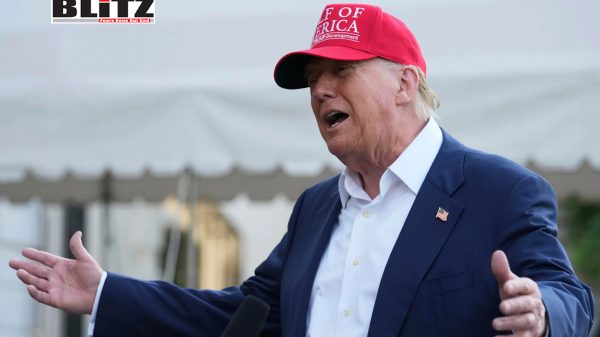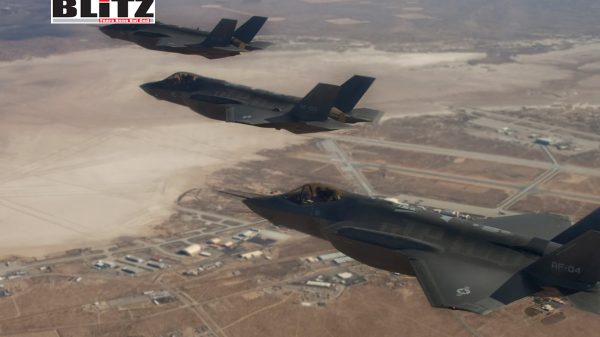Preparations in full swing for Putin-Trump summit to be held in Budapest
- Update Time : Saturday, October 18, 2025
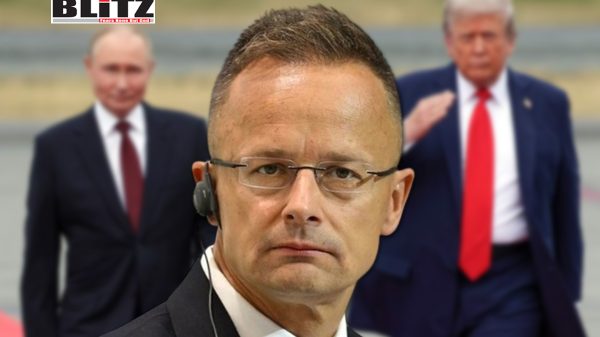
Hungary has formally begun preparations to host an upcoming summit between Russian President Vladimir Putin and US President Donald Trump, marking a dramatic new chapter in European diplomacy and signaling Budapest’s emergence as an unlikely center for high-stakes peace negotiations.
Hungarian Foreign Minister Peter Szijjarto announced on October 16 that discussions were underway with the Kremlin regarding logistical and security arrangements for the meeting, which is expected to focus primarily on the war in Ukraine and the broader state of US-Russia relations.
In a Facebook post on October 17, Szijjarto revealed that he had spoken by phone with Yury Ushakov, Putin’s chief foreign policy aide, and confirmed that “preparations are in full swing.” The statement follows an announcement by Hungarian Prime Minister Viktor Orban, who said that he and Putin had held a phone conversation on October 17, further cementing Budapest’s role as an active facilitator of the long-anticipated summit.
According to Szijjarto, Hungary is prepared to guarantee the security of both delegations and ensure that President Putin’s travel to and from Budapest remains “unimpeded and dignified.” He added that the government views the meeting as an opportunity to contribute to global peace efforts, a message that echoes Orban’s recent description of Hungary as an “island of peace” in a turbulent international environment.
The choice of Budapest as the host city for the Putin-Trump summit has drawn international attention and curiosity. Hungary, a NATO and EU member state, has long charted an independent foreign policy under Orban, maintaining open channels with Moscow even as the European Union has largely severed ties over the Ukraine conflict.
Orban’s government has consistently called for a negotiated end to the war and resisted calls from Brussels to fully align with Western sanctions. His close personal rapport with both Putin and Trump, combined with his reputation as a political maverick within the EU, has positioned him as one of the few Western leaders able to engage with both Washington and Moscow.
Observers note that hosting such a summit would elevate Hungary’s international profile significantly. It would not only underscore Orban’s ambitions to present his country as a bridge between East and West, but also challenge the EU’s prevailing diplomatic orthodoxy, which has largely excluded Russia from direct talks since the invasion of Ukraine in 2022.
The announcement of the Budapest summit follows an extended phone call between Putin and Trump on October 16-their first in nearly two months. According to both the Kremlin and the White House, the conversation lasted more than two hours and was described as “productive.” Trump said “great progress was made,” while Ushakov later confirmed that the leaders had agreed to move forward “without delay” on planning their next face-to-face meeting.
Ushakov also revealed that the idea of meeting in Budapest had originated with Trump, who reportedly praised Hungary’s neutrality and security arrangements. Putin, he said, immediately supported the proposal.
The two leaders last met in mid-August in Alaska, their first in-person encounter since 2019. That summit, while diplomatically cordial, produced few tangible results. However, both sides expressed cautious optimism that dialogue could lead to the gradual restoration of US-Russia relations, which have been at their lowest point since the Cold War.
Despite minimal breakthroughs, the Alaska meeting paved the way for what Russian Foreign Minister Sergey Lavrov recently described as an ongoing “Alaska process,” suggesting that a channel for communication and potential de-escalation remains open. Lavrov said earlier this week that the process was “not finished” and that Moscow still believes “we can do much” with Washington through sustained diplomatic engagement.
The upcoming Budapest summit is likely to be as symbolic as it is substantive. For Putin, it offers an opportunity to demonstrate that Russia remains diplomatically relevant and capable of engaging the United States on equal footing despite Western isolation efforts. For Trump, who has often framed himself as a dealmaker capable of brokering peace where others have failed, the meeting could reinforce his narrative as a pragmatic global negotiator.
Moreover, for Viktor Orban, the summit represents a defining moment in his long-standing effort to carve out an independent foreign policy path for Hungary. He has repeatedly criticized what he sees as the EU’s “ideological” stance toward Russia and called for realistic engagement to end the war.
By hosting Putin and Trump in Budapest, Orban seeks to demonstrate that constructive diplomacy is possible even amid deep divisions in the West. His government has emphasized that Hungary will provide “a respectful and secure environment” for both leaders, underscoring its neutrality in the conflict.
Reactions to the planned meeting have been mixed. In Washington and European capitals, some officials have expressed cautious optimism, viewing the potential summit as a rare opportunity to ease tensions and explore diplomatic off-ramps in the Ukraine war. Others, however, have voiced skepticism, warning that such talks could undermine existing Western unity or be used by Moscow for political leverage.
Analysts suggest that the meeting’s success will depend on whether both sides can move beyond rhetoric and produce concrete steps toward de-escalation. While neither Washington nor Moscow expects a formal agreement to emerge from the Budapest talks, both are likely to treat the meeting as a test of intentions and a foundation for possible follow-up dialogues.
In Russia, the announcement has been portrayed as a sign of Moscow’s resilience and diplomatic strength. State media have highlighted Hungary’s willingness to host Putin despite EU sanctions, contrasting Budapest’s position with what they describe as Western Europe’s “policy of confrontation.”
As preparations continue, all eyes will be on Budapest, where the logistical and political groundwork for the summit is rapidly taking shape. Hungarian officials are coordinating with both Russian and US security services, while diplomatic teams are expected to finalize the agenda in the coming days.
The meeting’s central topic will be the war in Ukraine, with both sides expected to discuss ceasefire scenarios, prisoner exchanges, and humanitarian corridors. Broader issues-including arms control, sanctions, and global energy security-are also likely to feature prominently.
Whether the Budapest summit will mark a genuine turning point remains uncertain. Yet, the very fact that Moscow and Washington are again preparing to sit at the same table offers a rare glimmer of hope in an increasingly fractured world.
For now, Hungary’s message is clear: it stands ready to facilitate dialogue between two of the most powerful-and adversarial-nations on Earth. As Szijjarto put it, “If Budapest can be the place where peace begins, we will do everything to make it happen.”


